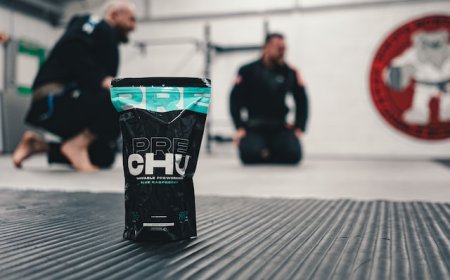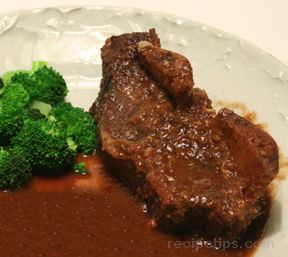Immune Support Supplements
Share information on supplements that claim to boost immune function, such as vitamin C, zinc, and herbal supplements. Discuss their potential benefits and limitations in supporting immune health.

A robust immune system plays a vital role in defending the body against infections and maintaining overall health. Immune support supplements aim to enhance immune function and strengthen the body's natural defenses. In this article, we will explore popular immune support supplements such as vitamin C, zinc, and herbal supplements, highlighting their potential benefits and considerations.
- Vitamin C:
- Benefits: Vitamin C is an essential nutrient known for its antioxidant properties. It supports the production of white blood cells, which are crucial for fighting off pathogens. Vitamin C also helps protect cells from damage and aids in collagen synthesis.
- Effectiveness: Adequate vitamin C intake is important for overall immune health. While it may not prevent colds or other infections, it may help reduce the duration and severity of symptoms.
- Considerations: Vitamin C is generally safe, but excessive intake may cause digestive issues. It's best to obtain vitamin C from natural food sources like citrus fruits, strawberries, and bell peppers. Supplements can be used to fill any nutritional gaps, but it's important not to exceed the recommended dosage.
- Zinc:
- Benefits: Zinc is a mineral that supports immune function and plays a role in cell growth and division. It helps activate immune cells and assists in wound healing.
- Effectiveness: Zinc deficiency can impair immune function, so ensuring adequate zinc intake is crucial. Supplementing with zinc may help reduce the duration and severity of the common cold.
- Considerations: Zinc supplements should be taken as directed, as excessive intake can lead to adverse effects. It's best to consult with a healthcare professional to determine the appropriate dosage and duration.
- Herbal Supplements:
- Benefits: Certain herbal supplements, such as echinacea, elderberry, and garlic, have been traditionally used to support immune health. They contain bioactive compounds that may have immune-modulating properties.
- Effectiveness: Research on herbal supplements for immune support is limited and results are mixed. While some studies suggest potential benefits, more rigorous research is needed to establish their effectiveness.
- Considerations: Herbal supplements can interact with medications and may not be suitable for everyone. It's important to consult with a healthcare professional before using herbal supplements, especially if you have underlying health conditions or are taking other medications.
Importance of a Healthy Lifestyle: While immune support supplements can be helpful, it's important to remember that they work best when combined with a healthy lifestyle. Eating a balanced diet, getting regular exercise, managing stress levels, and prioritizing sleep are crucial for maintaining a strong immune system.
Consult with a Healthcare Professional: Before starting any immune support supplements, it's advisable to consult with a healthcare professional. They can assess your individual needs, evaluate potential risks and interactions, and provide personalized recommendations based on your specific circumstances.
Conclusion: Immune support supplements like vitamin C, zinc, and herbal supplements may play a role in enhancing immune function and supporting overall health. While they may provide benefits for some individuals, it's important to remember that supplements should complement a healthy lifestyle rather than replace it. Consult with a healthcare professional to determine if immune support supplements are appropriate for you, and prioritize overall immune health through a balanced diet, regular exercise, adequate sleep, and stress management.
What's Your Reaction?






















































































